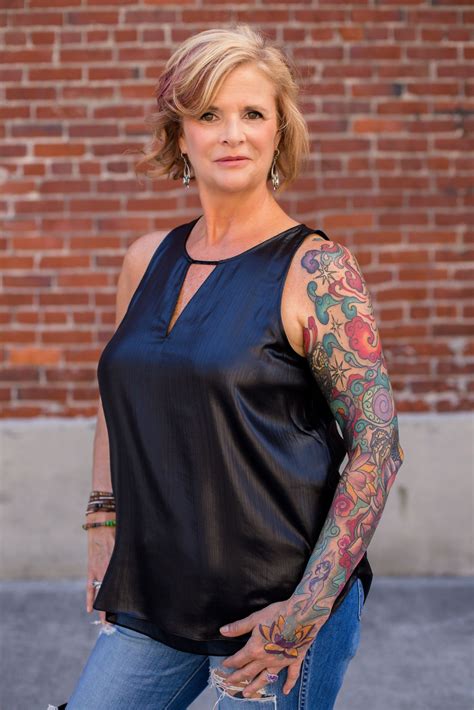A Quote by Pat Brown
Serial killers are everywhere! Well, perhaps not in our neighborhood, but on our television screens, at the movie theatres, and in rows and rows of books at our local Borders or Barnes and Noble Booksellers.
Related Quotes
I looked around the store and what I saw was not very encouraging. There were rows and rows of violent toys...aisle after aisle of training devices for recreational slaughter. No wonder our world was such a mean and violent place...if we teach children that killing is fun, can we really be surprised if now and then someone is smart enough to learn?
I often think . . . that the bookstores that will save civilization are not online, nor on campuses, nor named Borders, Barnes & Noble, Dalton, or Crown. They are the used bookstores, in which, for a couple of hundred dollars, one can still find, with some diligence, the essential books of our culture, from the Bible and Shakespeare to Plato, Augustine, and Pascal.
By...our readiness to allow arms to be purchased at will and fired at whim; by allowing our movie and television screens to teach our children that the hero is one who masters the art of shooting and the technique of killing...we have created an atmosphere in which violence and hatred have become popular pastimes.
Television is perhaps the greatest medium ever discovered to teach and educate and even to entertain. But the filth, the rot, the violence, and the profanity that spew from television screens into our homes is deplorable. It is a sad commentary on our society. The fact that a television set is on six or seven hours every day in most of the homes of America says something of tremendous importance.
I've been in Africa, and I've been to hospitals of Africa, and they're not hospitals, they're places where people go to die. And rows and rows and rows of people just dying and the waiting rooms of the hospitals are full of people waiting to get into the beds of the people who died the night before, and they're dying from unnecessary diseases.
Booksellers initially thought of Amazon as their best friend. They were coming in, and they were challenging Barnes and Noble, and Borders, which were the big, dominant corporations of the day, and that they would disrupt them and make them less powerful, but they could never envision that Amazon would overtake them all.


































